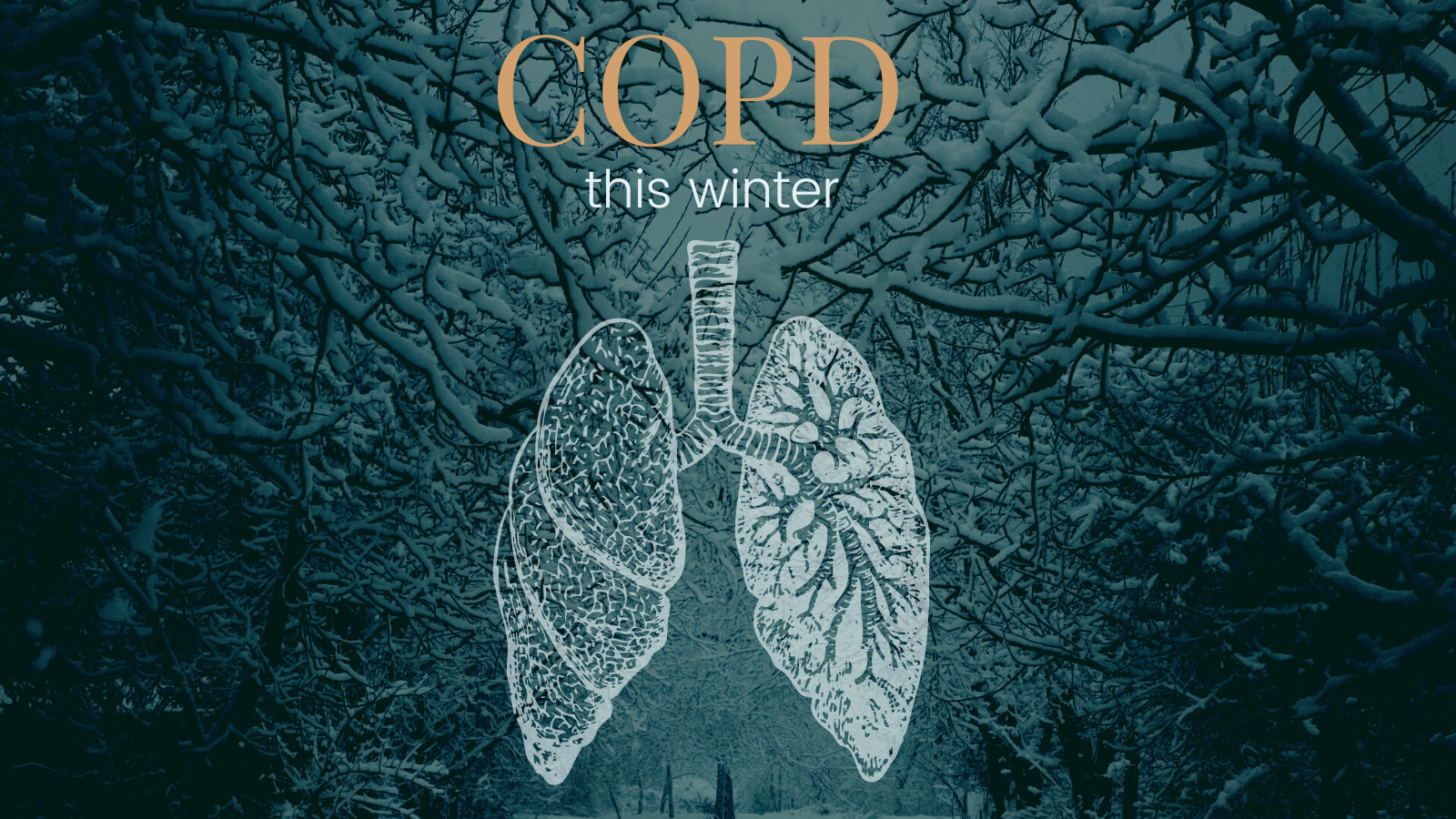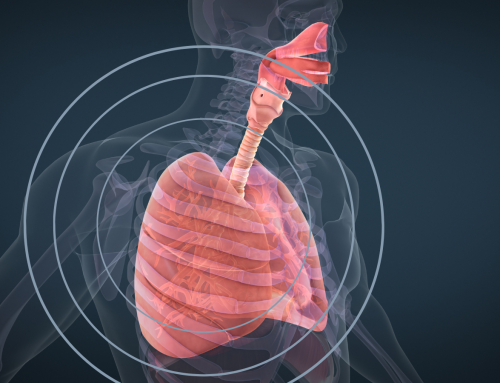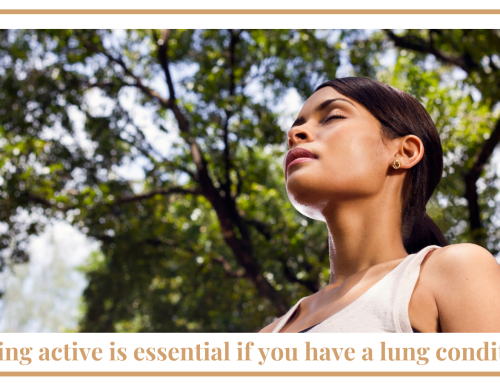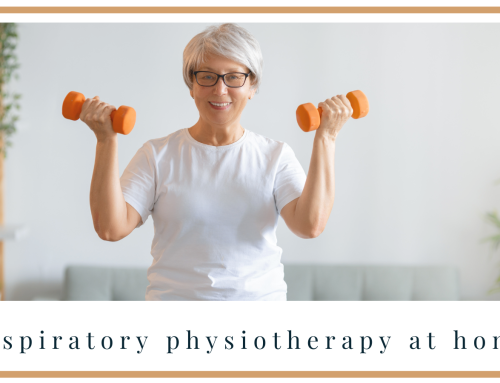Research has found that the mortality rate of those with COPD is much higher in those with lower incomes. One factor related to this is living in cold, damp housing.
Winter is coming…
And we’ve all heard the relentless doom & gloom over the last 6 months about the impending astronomical energy bills. Those people who are most at risk with COPD will also be most susceptible to the consequences of the squeeze on the cost of living.
Cold homes in the longer term contribute to mould and damp – a trigger for the millions of people living with lung conditions in the UK. Damp and mould can exacerbate respiratory problems, respiratory infections, allergies or asthma.
The economic burden of lung disease
Lung disease is the 4th most costly disease area to the UK, after mental health conditions, musculoskeletal diseases and heart disease, amounting to a staggering cost of £11 billion a year. Of this total, one of the most costly conditions is COPD (£1.9 billion each year). So the impact of COPD on the economy is not to be underestimated.
The UK Health Security Agency’s (UKHCA) cold weather plan recommends that, during winter, people heat their homes to at least 18°C, providing they’re wearing appropriate indoor clothing. But for people with COPD and other lung diseases, turning down the heating just isn’t an option, not when it comes to maintaining their health. This is because breathing in cold air irritates the airways, causing your lungs to react by becoming tighter which then makes it more difficult to breathe. The result can be life threatening flare-ups and attacks. It’s therefore particularly important to recognise the symptoms, understand your triggers and do whatever you can in the winter months to reduce the risks.
What can you do about it?
There are some tips to help minimise the risks winter poses for COPD and other lung conditions:
- Keep temperature fluctuations as minimal as possible. Moving from a warm room to a cold one or vice versa can be a trigger if you have a lung condition.
- Cover your face before you go out. This will help warm and humidify the air as you breathe in, meaning your lungs are much less likely to react and tighten
- Try to prevent infections wherever possible by staying away from people with flu, cold or cough
- Please don’t smoke, and reduce your exposure to smoke from others around you
- Also try to limit your exposure to dust, chemicals, fumes and chemical vapours
- Try to drink more water throughout the day
- Use your prescribed medications or inhalers regularly to control inflammation
- Maintain a healthy lifestyle by eating well and staying active
- See a doctor if you experience any new shortness of breath as this should be evaluated
- Look into pulmonary rehabilitation. This is a specialised exercise and education program on how to manage and live better with a specific lung condition such as COPD.
Our specialists at Air Physiotherapy are trained in identifying and prescribing the most appropriate treatment programme for you if you’re experiencing breathing issues and need help with breathing techniques, as well as helping you lead a healthy and active lifestyle.
To get started with any breathing-related issue, book an appointment with us today.





